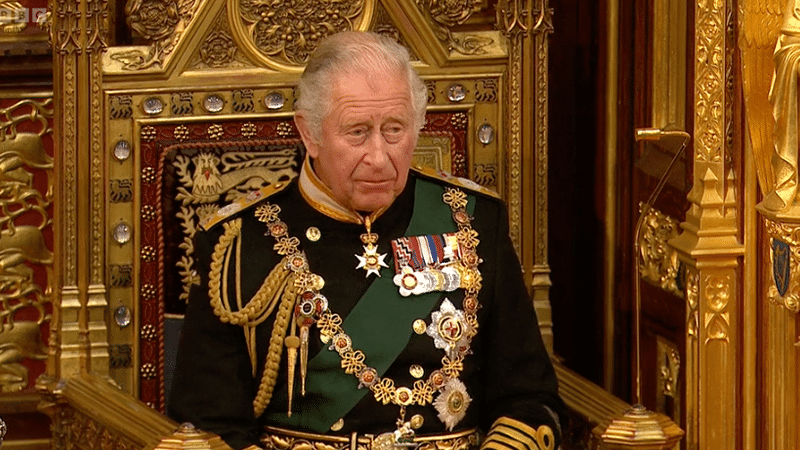Five Bills to watch out for from the Queen’s Speech

The Government revealed its intentions for the new Parliamentary term in the Queen’s Speech this week, delivered in her absence by Prince Charles. While these cover a wide range of issues, here are five Bills which will be of particular interest to Christians.
1 – Online Safety Bill
The Government says it wants to make the UK the “safest place in the world to go online” by targeting and limiting ‘harmful’ content being shared and viewed online.
As drafted, the Online Safety Bill would have a huge impact on free speech online, with duties placed upon social media companies and search engines to limit legal content deemed harmful as well as illegal content. As yet there is no clear definition of what this would include, yet tech firms will face enormous fines if they fail to address such content. Inevitably, this means they will be over zealous in their censorship – a pitfall not helped by the desperately weak free speech clauses in the legislation.
Another big area of concern is that the ‘legal but harmful’ category will be laid out in secondary legislation, meaning the Culture Secretary and her successors will be able to amend it with little or no parliamentary scrutiny.
However, there are positive aspects of the Bill, including its intention to force pornography websites to implement strict age verification systems to stop under-18s from viewing explicit content. It also makes ‘cyberflashing’ a criminal offence, with perpetrators facing up to two years in prison, and measures will be introduced to protect people from being abused online by anonymous trolls.
2 – Conversion Therapy Bill
LGBT activists claim a broad ban on ‘conversion therapy’ is necessary to protect people from undergoing abusive or religious practices, despite such practices already being illegal in most cases.
The Government has said it does not intend for its plans to outlaw ordinary religious practice, such as prayer, preaching and pastoral conversations, infuriating LGBT activists seeking a form of LGBT blasphemy law. The Christian Institute has launched the Let Us Pray campaign to protect the rights of churches to continue preaching biblical sexual ethics, and of Christians to pray with their gay friends.
Despite caving in to activists’ demands by legislating, government ministers angered them further by saying the ban should only apply on the issue of sexual orientation, and not gender identity. The campaigners are already lobbying the Government to change this, and will push for the legislation to be amended once it is introduced to Parliament.
3 – Bill of Rights
The Government is proposing reforms to the Human Rights Act to change how the European Convention on Human Rights is applied in UK courts. The Government has made positive noises about doing more to protect free speech and freedom of expression in recent years, and the Institute supports a strong presumption in favour of free speech that can only be rebutted if there is a powerful case for doing so.
However, the Human Rights Act has been an ally to Christians in legal trouble over the years, having provided balance to aspects of equality legislation. The excellent win for Ashers Baking Company may not have been possible without provisions contained in the Act. If these were removed, judges would sometimes be unable to reach a just and proper outcome as they will lack the flexibility the current law provides.
4 – Higher Education (Freedom of Speech) Bill
Under the Higher Education (Freedom of Speech) Bill, universities in England could face fines if they fail in their new legal duties to protect and promote free speech.
In addition, students, lecturers, academics and visiting speakers who are ‘no platformed’, censored or have their free speech unlawfully restricted will be able to seek compensation if they suffer loss from a breach of a university’s new legal obligations.
The new rules mean that, for the first time, students’ unions will have to take “reasonably practicable steps to ensure lawful freedom of speech”.
5 – Schools Bill
Christian parents come to different conclusions about how to educate their children. The overwhelming majority choose state education; some are able to opt for the independent sector. A small but increasing number choose home education.
The new Schools Bill contains measures which would require home-educating parents to register their child with the local authority, which could begin to undermine the legal principle that the ultimate responsibility for educating children lies with parents, not the state.
At present the law rightly recognises that this decision is up to parents. Compulsory registration risks laying the groundwork for eroding this over time.
